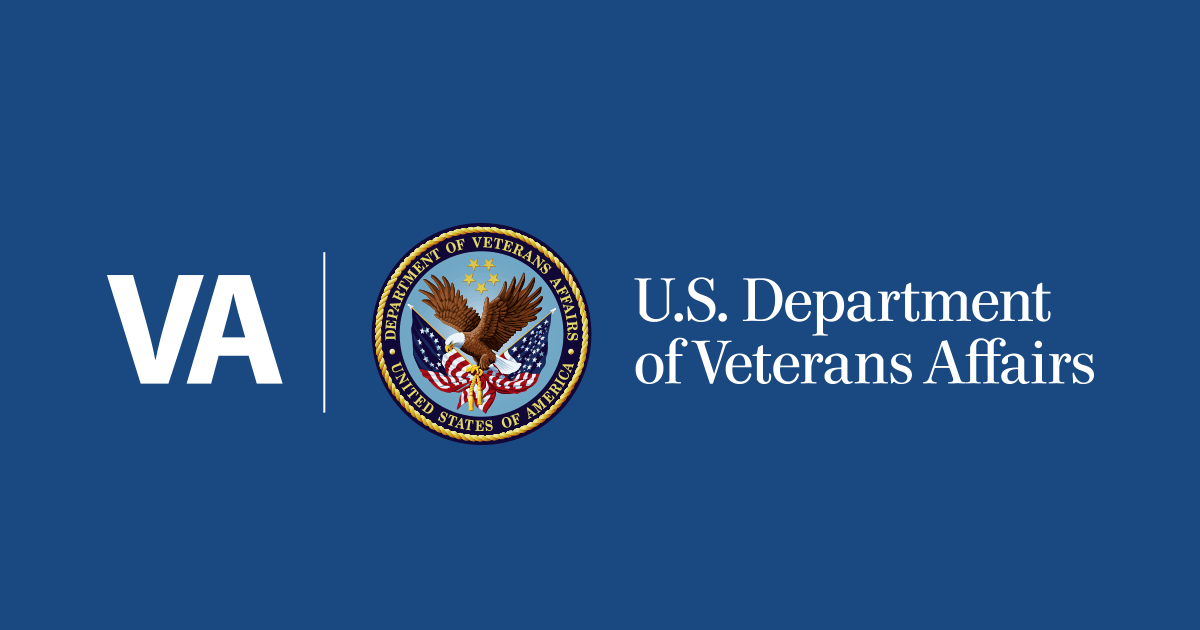I disagree with you. Yes, credit cards are the easiest things to abuse. However, they are the easiest way to build up credit. I had both my sons apply for credit cards once they hit 18. First, so they have something to use while in college but mainly its the easiest way to build credit. I also put their names on one of my cards. So now instead of their credit card history saying less than 1 year, it says 15 years or so because it takes my info into account. Both my sons have credit ratings anywhere from 750- low 800s. Regardless of whether car dealerships or mortgage companies will fight for their business, in my experience, FICO scores are very important, and the quicker you can build them, the easier your life will be. My O-2 setup his credit card to his monthly balance is paid off every month so he is always at zero. Credit card companies also give lots of benefits to those in the military. My son has a Platinum American card that I would have to pay $500 annually and he pays zero. He gets into almost all the Air Line Lounge Clubs where he gets free food, food drinks and a pleasant place to wait. He gets monthly Uber credits to use, he gets 200 to use on an airline of his choice, they pay for one streaming service, and so on. He gets a lot of benefits for having this card and he pays nothing for it

